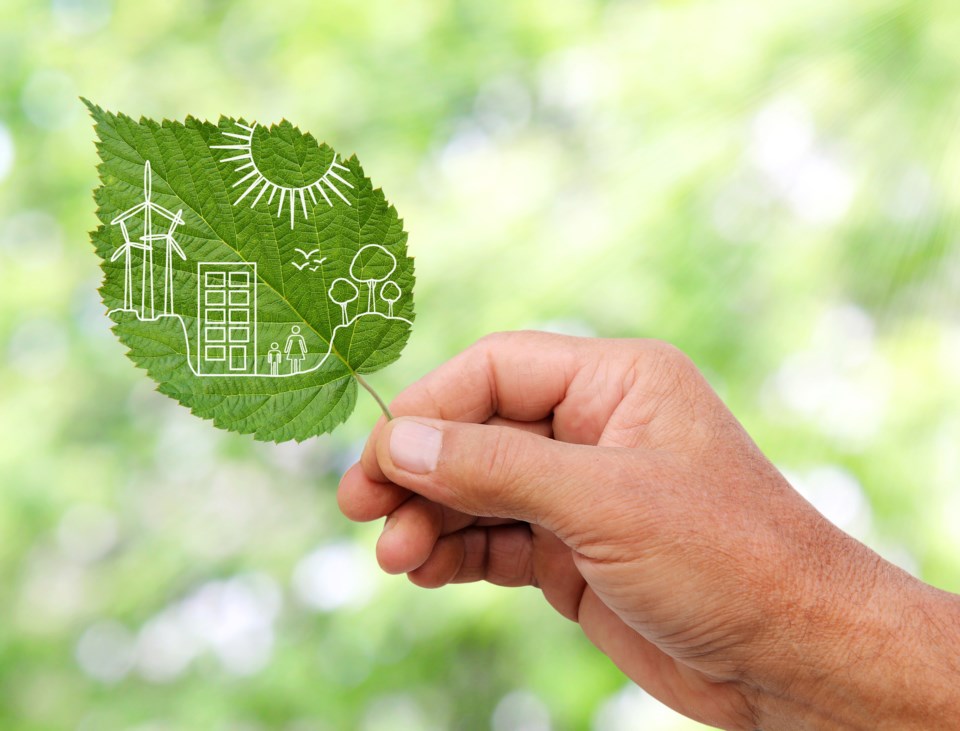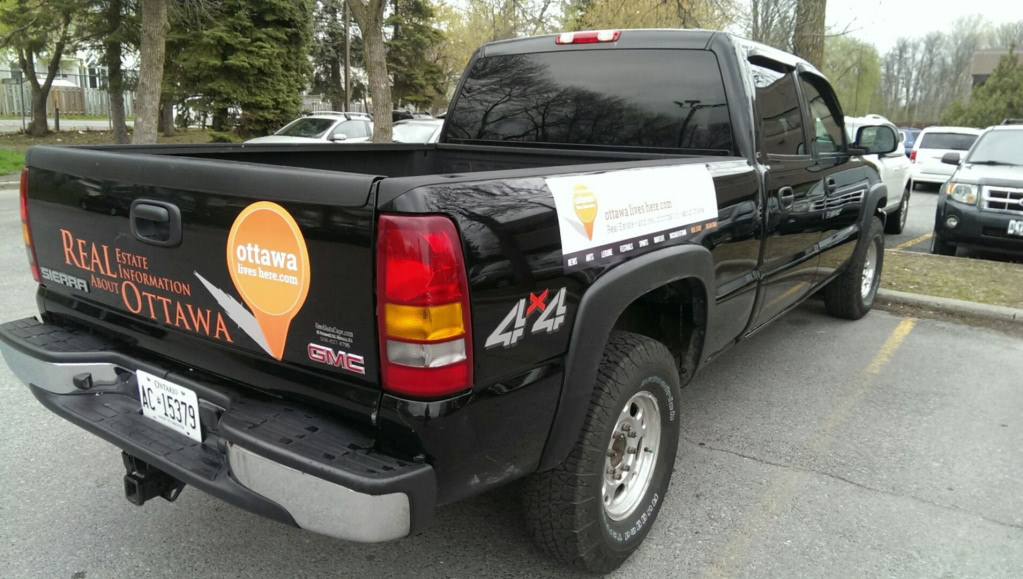Ecology Ottawa released a list of ways the city can be more environmentally friendly as Ottawa continues to grow.
By: Dani-Elle Dubé Ottawamatters.com

Stock image.
When it comes to New Year’s resolutions, some choose to eat healthier while others vow to tackle debt. Ecology Ottawa, on the other hand, hopes Ottawans will consider adding one more resolution to their list: to help their city become a greener place to live.
To celebrate both a new year and new decade, the non-profit organization has come up with a list of six resolutions for Canada’s capital – resolutions they hope will get residents and city hall considering environmentally friendly solutions, as Ottawa’s population, infrastructure and boundaries continue to grow and expand.
Accelerate the city’s climate ambition
“Last year the city passed an emergency climate declaration and has done a lot of good work studying what it means, in terms of what it needs to do with the policy mechanisms it needs to use to get emissions to where they need to go,” Rob Barnes, executive director of Ecology Ottawa, said. “And 2020 is really going to be about doing it – doing the hard work of reducing the emissions in our city.”
Hold the line on urban expansion
City hall will be voting in March on whether or not its boundaries will be expanded to accommodate new housing. However, the volunteer-driven group is urging city councillors and the mayor to say no to any expanded urban footprint.
Instead, it says, we should work with what we have and focus on making the city a more compact, walkable, cycle- and transit-friendly city.
“There’s a lot of space in the city to accommodate new housing, while also making our city more vibrant, more dynamic and a better place to call home,” Barnes said. “We’ll be pushing for that right up until the big March vote.”
Promote tree protection and planting
Over the next year, the organization hopes to get thousands of residents thinking more critically when it comes to trees in the city.
“Trees is the big one that unites us all,” Barnes said. “It’s really the beginning of a conversation about how to do a better job of protecting trees in people’s neighbourhood, what we can do to build our city in a way that better accommodates trees and better promotes them in the city.”
Push for urban biodiversity initiatives
“Often when we think about biodiversity and declining species worldwide, it seems like this big daunting challenge, and it is,” Barnes said.
But now it’s time to “tackle it at home,” he adds, and part of that involves research and getting city hall on board with a plan. It will also involve identifying species at risk in the area, coming up with “tangible” steps as Ottawa continues to grow to accommodate new residents and finding ways to integrate a biodiversity protection in the process.
Focus on air quality
Air quality data is available at a national level, but local data is lacking and that needs to change, Barnes says.
So over the course of 2020, the Ecology Ottawa hopes to gather that data and build an interactive map by equipping their volunteers with air quality monitors as they travel through neighbourhoods.
The goal is to focus on proactive measures to improve air quality, including improving how the city designs and builds its transportation networks, especially for senior citizens and other vulnerable populations.
Eliminate severe road injuries and deaths
While the city has started to make some moves in bettering roadways, Barnes says more action is needed — and fast.
The group is drawing inspiration from Vision Zero, a worldwide traffic safety project that aims to eliminate road injuries and deaths.
According to Barnes, the project operates on the idea that a city’s design could be a factor to blame.
“There is a better way,” Barnes said. “We can design our city in a way that protects road users, especially vulnerable road users like pedestrians and cyclists.”
Barnes says the organization will continue to push for more ambitious action by city hall to protect road users, especially cyclists and pedestrians.











